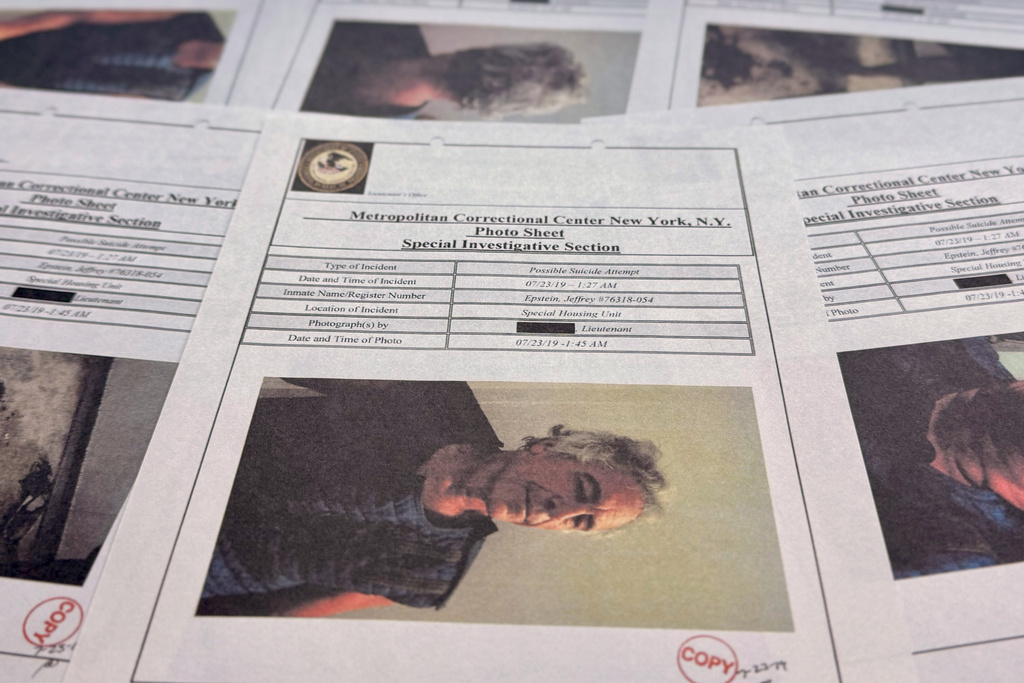The first coronavirus stimulus package includes a measure that temporarily protects renters from eviction. But time is running out, with the moratorium up next month.
So what happens if it’s not renewed as millions of Americans remain unemployed?
“I like to describe the moratoria as a Band-Aid on what is otherwise a gushing wound,” said Alieza Durana, narrative change liaison at The Eviction Lab at Princeton University.
The measure covers tenants in federally backed housing: about 12 million households or more than one in four renters, according to the Urban Institute. But it only protects them for not being able to pay rent. It doesn’t block landlords from evicting for other reasons.
It’s unclear if lawmakers intend to extend the provision.
“We’re concerned that without future government intervention, we could see an increase in the number of evictions, an increase in homelessness potentially, with devastating effects to families and communities around the country, in addition to the spread of the coronavirus itself,” Durana said.
Even before the COVID-19 pandemic hit, one eviction was filed every seven minutes, totaling to 300,000 per month. To curb the pandemic, Americans have been under lockdown since mid-March. Though some states have started reopening, the national economy is still suffering. And recent protests over the killing of George Floyd in Minneapolis could jeopardize many cities in recovery from the pandemic due to both vandalism and the threat of another outbreak.
“People need a home, people need to feel secure, safe, and a way to feed their families and to contribute to the community. And if they aren’t able to have that and if we aren’t able to support people having a home and staying in place, I expect that social unrest will continue,” Durana said.
Renters tend to be lower-income earners who work hourly jobs, making them more susceptible to coronavirus-induced layoffs — and meaning a moratorium extension could be the only thing keeping them off the streets this summer.











